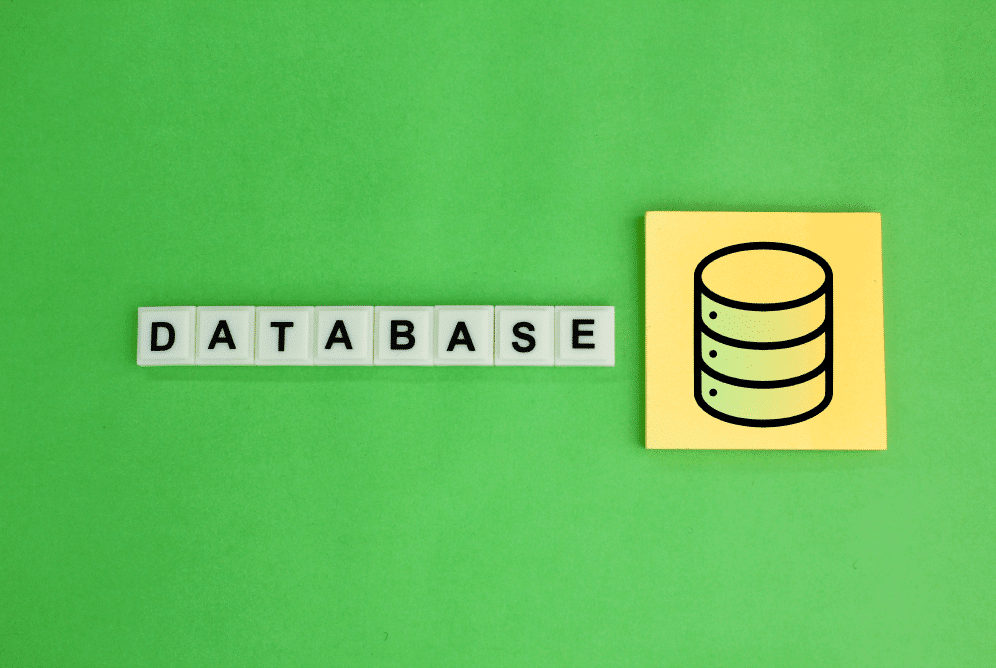Eurovision's Voting System: How Your Favorite Act Can Win

Table of Contents
The Two-Part Voting System: Jury and Televoting
Eurovision's voting system is a fascinating blend of professional judgment and popular opinion, a 50/50 split between two crucial components: the jury vote and the televote. This dual system aims to provide a balanced representation of both critical appraisal and public preference in determining the Eurovision winner.
- Jury Voting: Each participating country appoints a jury of five music professionals. These individuals are tasked with evaluating each performance based on vocal ability, stage presence, musical arrangement, and overall performance quality. Their scores contribute 50% to the final tally.
- Televoting: The other 50% comes from the viewers at home. Televoting allows citizens of each participating country to vote for their favorite acts via phone, SMS, or app. This reflects the public's engagement and enthusiasm for particular performances.
- Weighting: While the ideal is a precise 50/50 split between jury and televote, there have been instances where the weighting has varied slightly due to technical issues or other unforeseen circumstances. However, the goal remains a balanced reflection of both professional and public opinion.
How Points Are Awarded
The heart of the Eurovision scoring system lies in the allocation of points. Both the jury and televoting systems independently award points to the top ten entries in each participating country.
- Point Allocation: Each country awards points according to a predetermined scale: 1, 2, 3, 4, 5, 6, 7, 8, 10, and 12 points. The 12 points go to the country's absolute favorite, with progressively fewer points awarded to the following nine choices.
- No Self-Voting: Crucially, a country cannot vote for itself, preventing any inherent bias or inflated scores from a national audience.
- Separate Tallying: The jury and televote scores are tallied independently. Then, these scores are combined for each country to obtain a final score.
- Tie-Breakers: In the event of a tie in the overall scores, specific rules and procedures are in place, typically involving further scrutiny of the scores and potentially statistical methods to break the deadlock, although the specifics of the procedure are rarely publicized.
Understanding Jury Voting
The Eurovision juries are selected to represent diverse musical expertise and a broad range of opinions. However, the selection process and the potential for bias are subjects of ongoing discussion.
- Selection Criteria: While the exact criteria for jury selection aren't always publicly available, the goal is to select individuals with demonstrable experience and knowledge of music, preventing undue influence from personal preferences.
- Bias Concerns: Despite efforts to ensure impartiality, concerns about potential biases, such as national favoritism or familiarity with particular artists, always exist. However, the Eurovision organization strives to mitigate this through careful selection processes and the anonymous nature of the voting.
- Measures for Impartiality: Measures are taken to ensure anonymity and reduce bias, such as keeping the identities of jury members confidential until after the voting. This system aims to foster objectivity and ensure fair results in the Eurovision voting process.
Decoding Televoting
Televoting, while seemingly straightforward, is significantly influenced by several factors. National pride, social media trends, and well-orchestrated campaigns all play crucial roles.
- Social Media's Impact: Social media platforms like Twitter, Instagram, and TikTok play a substantial role in shaping public opinion and mobilizing support for specific entries. Well-managed social media campaigns can significantly boost televoting.
- Pre-Contest Favorites: The pre-contest hype surrounding certain artists and songs can heavily influence televoting outcomes. Media coverage, streaming numbers, and early critical reception can create strong initial momentum.
- Televoting Regulations: Limitations and regulations are in place to prevent manipulation of the system, ensuring the integrity and fairness of the Eurovision televoting.
- National Support and Diaspora Voting: National pride often translates into significant televoting support. Furthermore, diaspora communities can play a huge role, casting votes from various countries and significantly boosting a particular nation's score.
Strategies for Winning Eurovision
Winning Eurovision requires a multi-faceted approach, encompassing musical quality, captivating performance, and shrewd strategic planning.
- Song Quality and Performance: A memorable, catchy song, well-suited to the Eurovision stage, is paramount. A powerful and engaging performance that connects with the audience is equally crucial for securing high scores.
- Staging and Visual Elements: Modern Eurovision performances are highly visual spectacles. Sophisticated staging, costumes, and lighting play a critical role in engaging the audience and creating a lasting impact.
- Building International Buzz: Generating international buzz through strategic social media campaigns, targeted PR, and media appearances is essential. This builds anticipation and encourages viewers to vote.
- Demographic Targeting: Tailoring song choices and marketing efforts to specific demographic groups can maximize their appeal and voting potential. This involves understanding the preferences of different audiences and crafting strategies to resonate with them.
- Leveraging National Support: The home country's support plays a vital role. National campaigns and media attention can heavily influence the televoting results.
Conclusion
The Eurovision voting system, a unique blend of expert assessment and popular vote, is a complex but fascinating mechanism. By understanding the intricacies of jury voting, televoting, and point allocation, you can better appreciate the competition's dynamics and the factors that contribute to a Eurovision victory. Mastering the Eurovision voting system is crucial for any fan, helping them to better understand the path to victory for their favorite act. So, delve deeper into the Eurovision voting rules and prepare to cheer on your favorite entry! Understanding the Eurovision voting system is the first step towards supporting your favorite act all the way to victory!

Featured Posts
-
 Paige Bueckers Day Long Hometown Map Mystery Explained
May 19, 2025
Paige Bueckers Day Long Hometown Map Mystery Explained
May 19, 2025 -
 Londoners Legal Fight Protecting A Park From Music Festivals
May 19, 2025
Londoners Legal Fight Protecting A Park From Music Festivals
May 19, 2025 -
 Discover Il Palagios Wine List Four Seasons Firenzes Featured Selection
May 19, 2025
Discover Il Palagios Wine List Four Seasons Firenzes Featured Selection
May 19, 2025 -
 Ledra Pal Da Carsamba Dijital Veri Tabani Ve Isguecue Piyasasi Rehberi
May 19, 2025
Ledra Pal Da Carsamba Dijital Veri Tabani Ve Isguecue Piyasasi Rehberi
May 19, 2025 -
 Luis Robert Jr Trade Interest Mets In The Mix
May 19, 2025
Luis Robert Jr Trade Interest Mets In The Mix
May 19, 2025
